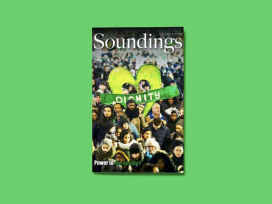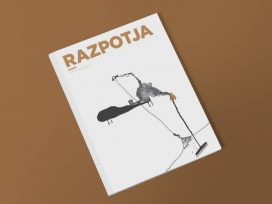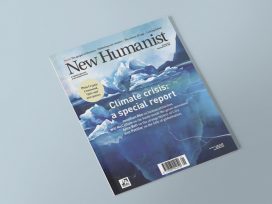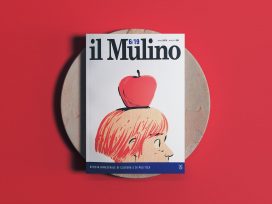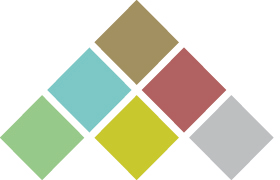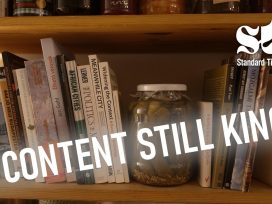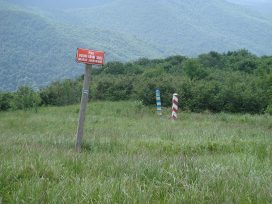NAQD on the crisis of public sector journalism in Algeria: how disinformation and propaganda perpetuates the current system. Also: why reliance on advertising threatens public broadcasting, and the arrested development of print media.
Control is manifested in excessive coverage of mundane events designed to minimize the possibility of writing defamatory political pieces, he writes. There is also self-censorship (58 per cent of journalists said that they practise this regularly, knowing that their careers depend on it) and close surveillance of the kinds of information published (approximately half of all journalists have had their work heavily edited in order to conform politically). The manipulation of information and the use of propaganda ‘is making [the media] a key player in the perpetuation of the current political system and a status quo in terms of freedom of expression’. This is responsible for ‘the stunted development of the country’s sociopolitical consciousness’.

NAQD 37/2020
Media financing
Nor El Houda Bouzegaou discusses the financing of Algerian public television through advertising, focusing on the public television company EPTV. Advertising is ‘susceptible to being destabilized, as it is dependent on the development of the market’, she argues; by relying on advertising, public television has come up against a number of economic challenges. Tracing the history of Algerian television, Bouzegaou shows how advertising can only develop fruitfully and fairly if it is carefully regulated.
Authoritarian reform
Aldjia Bouchaala and Aissa Merah analyse the evolution of public media, particularly the print sector. ‘Thirty years after the application of a constitution on media pluralism and its reinforcement through a series of legal and institutional reforms, the media landscape remains unchanged’. Absence of oversight over legislation has been a major contributing factor. Bouchaala and Merah describe Algerian media as authoritarian and closed — ‘a natural extension of the country’s political regime’ — and argue that the rise in demagogy and populism in both private and public media has only aggravated this.
More articles from NAQD in Eurozine; NAQD’s website
This article is part of the 3/2020 Eurozine review. Click here to subscribe to our reviews, and you also can subscribe to our newsletter and get the bi-weekly updates about the latest publications and news on partner journals.

This article was published in cooperation with CAIRN International Edition, translated and edited by Cadenza Academic Translations.
Published 27 February 2020
Original in English
First published by Eurozine
© Eurozine
PDF/PRINTIn collaboration with
Newsletter
Subscribe to know what’s worth thinking about.
Related Articles
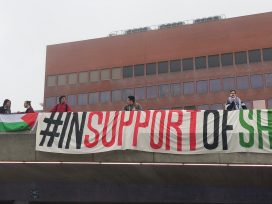
In 2022, Shahd Abusalama, a Palestinian academic working in the UK, was suspended from her teaching position on antisemitism charges. Here she recalls the defamation campaign against her and discusses how her case reveals the structural vulnerability of Palestinians in the West.
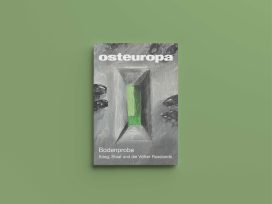
Internal empire
Osteuropa 1–3/2024
Why the Russian Federation is a de facto empire despite the 1993 constitution; why Putin’s imperial but anti-ideological variety of Russian nationalism dominates; why Chechnya remains an open wound on the body politic; and feeling the impact of the Putin regime’s clampdown on intellectual freedoms.
